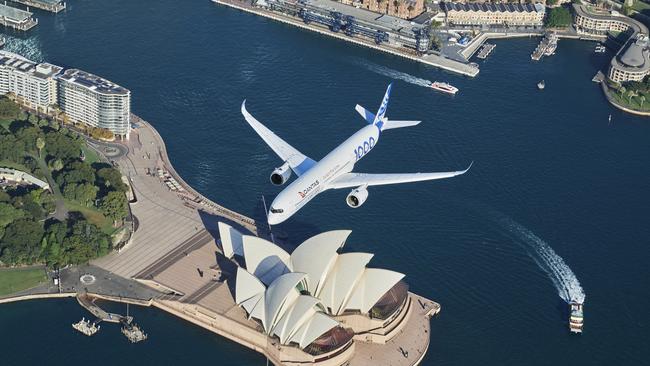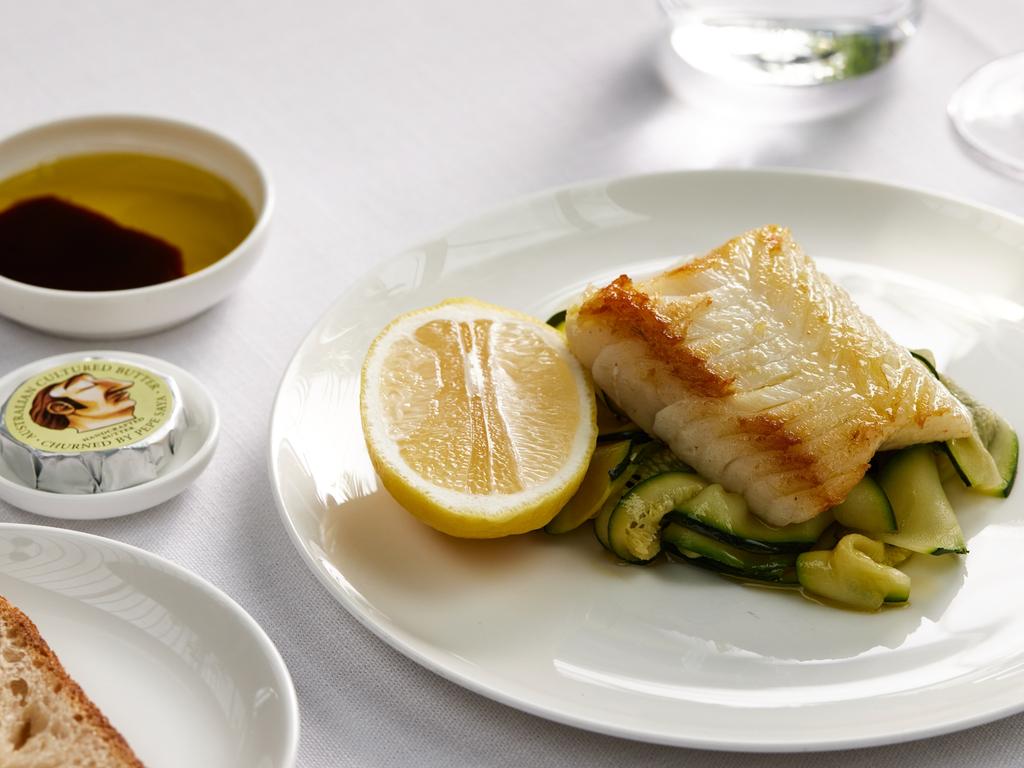Qantas off the starting block in race to go green with Australia’s first SAF refinery
The airline has unveiled a deal to build Australia’s first dedicated sustainable aviation fuel refinery in Queensland, to help the airline achieve net-zero.

Qantas has secured a deal to establish Australia’s first dedicated sustainable aviation fuel refinery in Queensland as the airline strives to reach net-zero carbon emissions by 2050.
Sugar cane waste and other agricultural by-products will be turned into jet fuel at the refinery being developed by Jet Zero Australia using technology from US company LanzaJet.
Qantas and Airbus will jointly provide $2m towards the venture, and the Queensland government $760,000.
Construction is due to start in 2024 at a site to be announced, with production expected to begin in 2026. It will have a maximum output of 100 million litres of sustainable aviation fuel (SAF) a year. Qantas will need 500 million litres to meet its target of adding 10 per cent SAF to its fuel mix by 2030.
Qantas Group chief sustainability officer Andrew Parker said the early project funding was an important first step towards building a domestic SAF industry, which will power flights around Australia.
“Qantas will be the largest single customer for Australian-made SAF to meet our emissions reduction targets, which is why we’re investing in the ideas and technology that will build a local SAF industry,” Mr Parker said.
“This is one of several projects that we are looking to fund this year, all of which will help accelerate the decarbonisation of the aviation industry.”
Airbus executive vice president of corporate affairs and sustainability Julie Kitcher said that all Airbus aircraft were already capable of flying with a SAF blend of up to 50 per cent.
“There is a growing positive momentum around SAF, and it is now time to move from commitments to concrete actions,” Ms Kitcher said.
“The selection of the first investment under our joint partnership with Qantas is an example of such action, with the potential to deliver SAF locally in Australia and to be a model for other locations around the world.”
Queensland Deputy Premier Steven Miles described the project as a “game-changer for Queensland and the state’s economic future”.
“With our rich supply of feedstock, Queensland is in the perfect position to capitalise on the global shift to green jet fuels and become the leader of a local SAF industry,” Mr Miles said.
The Qantas Group was currently sourcing SAF overseas, including 10 million litres for flights out of London this year.
From 2025, 20 million litres would be purchased in the US for flights out of California.
Currently costing two to three-times as much as fossil fuels, it was likely passengers would have to foot the bill for travelling greener.
Mr Parker said they were working on some “customer concepts” in a similar vein to voluntary carbon offsets.
“It’s going to be a critical element in ultimately the development and affordability of SAF,” he said.
Already large corporations including Woodside Energy and Australia Post have signed on with a SAF Coalition designed to fund their own reduced emissions travel.
More projects were expected to be announced in coming months, as part of a Qantas and Airbus sustainable aviation fuel partnership in which both companies were investing a combined $200m.







To join the conversation, please log in. Don't have an account? Register
Join the conversation, you are commenting as Logout